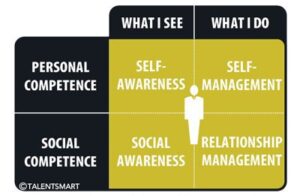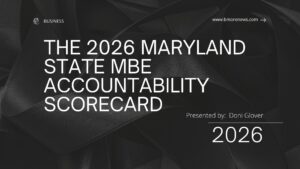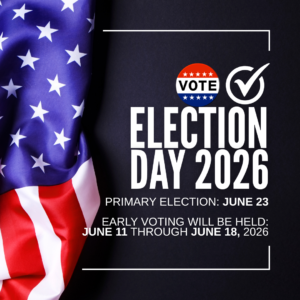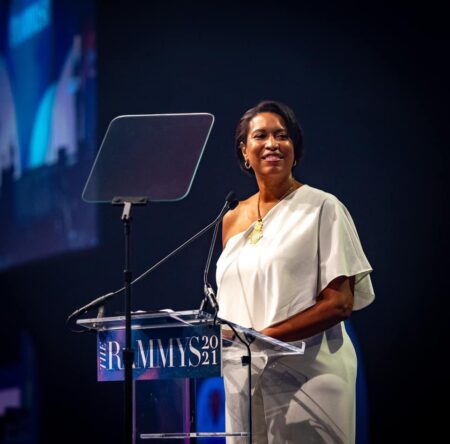
(WASHINGTON D.C. – April 1, 2024) – Imagine the scene…
… with gray skies overhead and intermittent drizzle throughout the day, the outdoor temperature barely peaking over 45°F, conditions that would prompt most to remain indoors, 20,000 Americans from all walks of life still chose to converge on the South Lawn of the White House to enjoy the festive spirit and good vibes of the Annual Easter Egg Celebration.
The air and the energy were rife with positivity and goodwill.
So, imagine the surprise when two individuals, not 200 yards away, began an intense screaming match.
Based on the very loud (but barely understandable) words coming from them, it could be gathered that they both felt disrespected, both felt wronged by the other, both felt the other wasn’t listening to them, and both believed the other was unnecessarily escalating the situation.

Now here’s the kicker: one of them was wearing the uniform of a law enforcement officer, while the other was dressed in a very nice, expensive suit.
Unfortunately, neither of them was exhibiting high levels of Emotional Intelligence.
On the surface, it would seem that this isolated situation had nothing to do with the rest of the day’s festivities. But as I observed the interaction, I began to notice parallels in the bigger picture.
America, even on our best days, while celebrating a holiday, in the heart of our nation’s capital, with the potential for so much good to take place in that space — even then — we still almost allowed ourselves to combust into an incendiary headline of chaos and commotion, right there on the grounds of our beloved White House.
In short, we collectively could still benefit from a boost in our mutual levels of emotional understanding and intelligence.
Why is this important, and how does this impact the nation?
According to several international polls from organizations like Gallup and Statista, the United States of America ranks outside of the top ten of emotionally aware countries. As advanced as we are on the world’s stage, we have some work to do collectively, to improve our ability to understand ourselves and how we relate to one another (this is the bare essence of being emotionally intelligent).
Introduced in the 1990s, the term Emotional Intelligence is the measure of four components: one’s ability to know what they are feeling; one’s ability to adjust personal behavior based on those feelings; one’s ability to understand what others may be feeling in a particular moment; one’s ability to adjust how they interact with those others, based on this understanding. One’s capability to merge all of these seamlessly is what defines one’s level of emotional intelligence.
As a global leader, with our impact being tracked and measured by reputable institutions, it is important that we as a collective unit of individuals also learn to understand and improve our ability to become more emotionally intelligent. — The world, quite literally, depends on it.
My name is Rodney C. Burris. I am the White House Correspondent for BMORENews, a media outlet in Baltimore where our slogan is, “the news before the news.” This column will look at the events impacting our nation and filter them through the lens of Emotional Intelligence. Our goal will be to inform, to make aware, to facilitate understanding, and then to increase the overall understanding of ourselves as we take a deep dive into the topics affecting our Emotionally Intelligent Nation.









